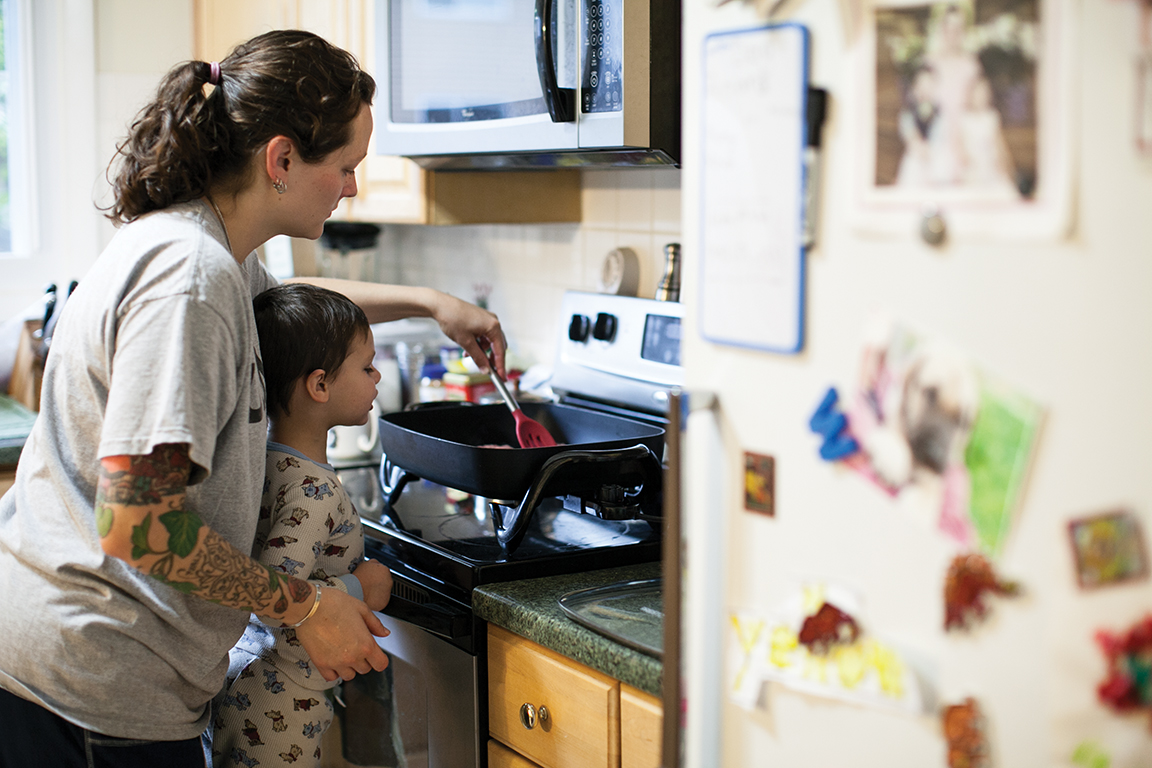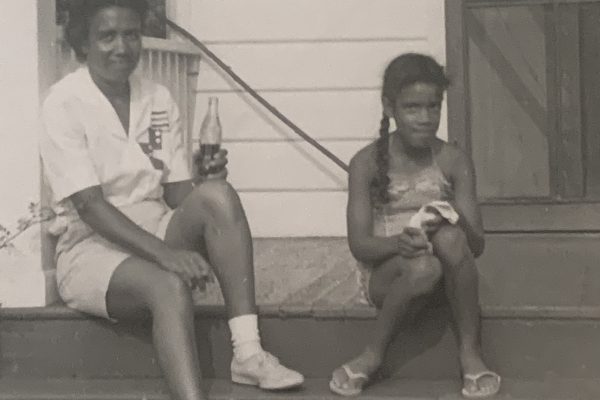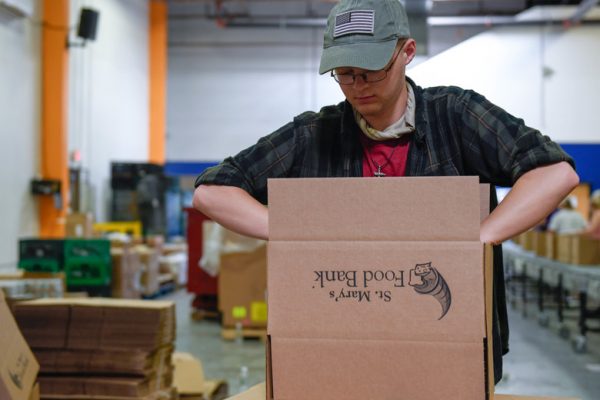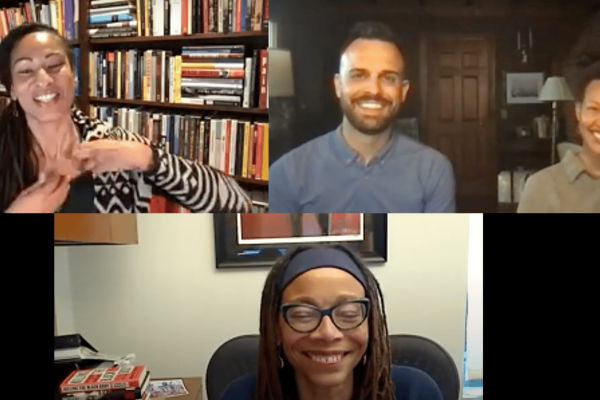The COVID-19 pandemic has taught us many lessons, but one of its most important is the essential role of care work in our society. Yet despite its centrality to social cohesion and reproduction, care work is habitually undervalued. Those who do it—mothers, nurses, teachers, social workers, domestic caregivers, and many others—are often paid little or no wages, their labor taken for granted by a society that relies on it.
The activism of Wages for Housework aimed to show us that undervaluing care endangers us all. In an essay about the movement and Selma James’s influential role in it, historian Emily Callaci argues that we must conjure a world “organized around care rather than capitalist growth.” Bringing James’s ideas to bear on our present crises, Callaci explains how “James and her community of organizers have more recently invoked ‘care work’ as a more expansive concept.” This involves applying the animating goal of feminism—liberation—to all, regardless of gender. It also advances a notion of care and feminism that is “less tethered to the nuclear family.”
This sentiment is echoed by socialist feminist thinker Lynne Segal, who argues that “earlier feminist demands for the sharing of caring responsibilities, alongside the necessary resources and welfare provision to enrich our households and communities, are now more urgent than ever.” According to Segal, the necessity of care work can form the basis for a desperately needed utopian politics that puts social and ecological needs before those of economic growth. “Understanding that we all depend on each other encourages us to work to cultivate a world in which each of us can not only live, but thrive,” she writes. “The pleasure of acting in concert to assert our need for each other and our natural world can, and must, hold us together in the challenging years ahead.”
As the other essays on this week’s reading list demonstrate, the politics of care manifest themselves in diverse ways—from racial injustice in medical care and the need for a more robust public health infrastructure to the unequal burdens of childcare and motherhood. The gendered nature of care is reflected in the way the tech sector designs new apps, while the pleasures of ordinary caring duties acquire radical political significance in a society still permeated by racism. Together, these pieces show that, until we acknowledge the value of care and begin to make it more equitable, our collective liberation will remain out of reach.
Freedom means a world where how I parent is simply mundane rather than overburdened with meaning.
Selma James’s work with the Wages for Housework movement shows that we ignore the labor of care at our own peril.
Silvia Federici interviewed by Jill Richards.
The right response to COVID-19 is to rebuild our economy from the ground up, putting people to work in a massive jobs program to secure the public health of all.
From laundry to meal prep, apps tend to mimic maternal care. Is this good for women?
Care is not only the concern of the young and infirm. Everyone needs and uses care.
A recording and transcript of our event on inequities in medicine and child welfare.














